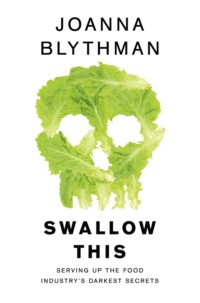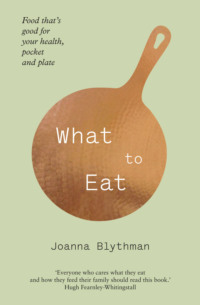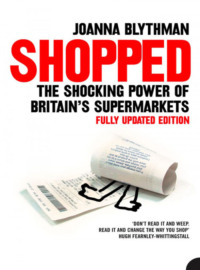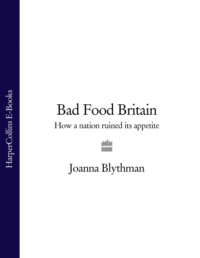Swallow This: Serving Up the Food Industry’s Darkest Secrets
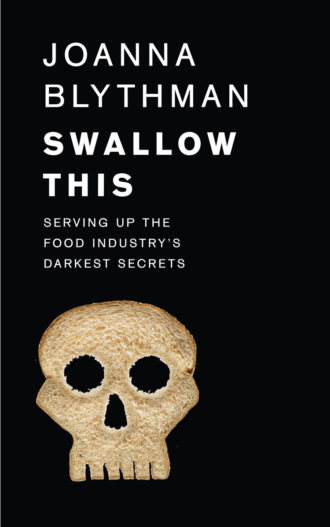
Полная версия
Swallow This: Serving Up the Food Industry’s Darkest Secrets
Язык: Английский
Год издания: 2019
Добавлена:
Настройки чтения
Размер шрифта
Высота строк
Поля
Конец ознакомительного фрагмента
Купить и скачать всю книгу

